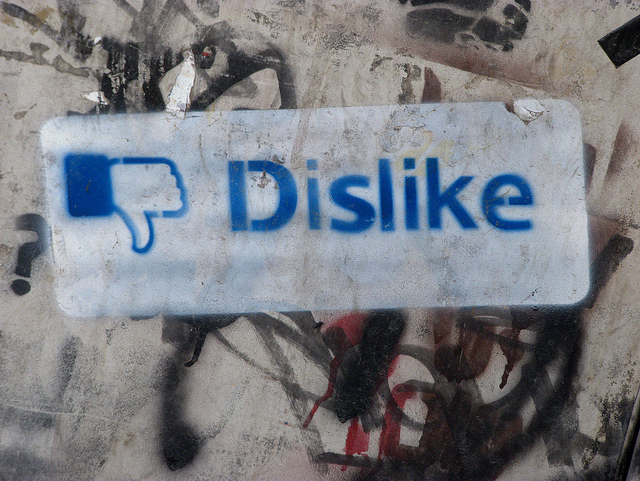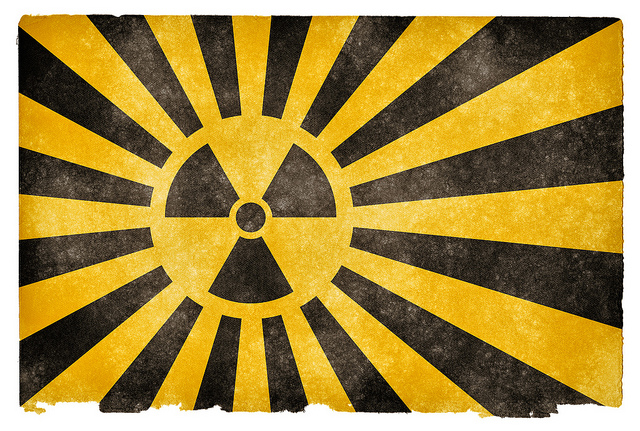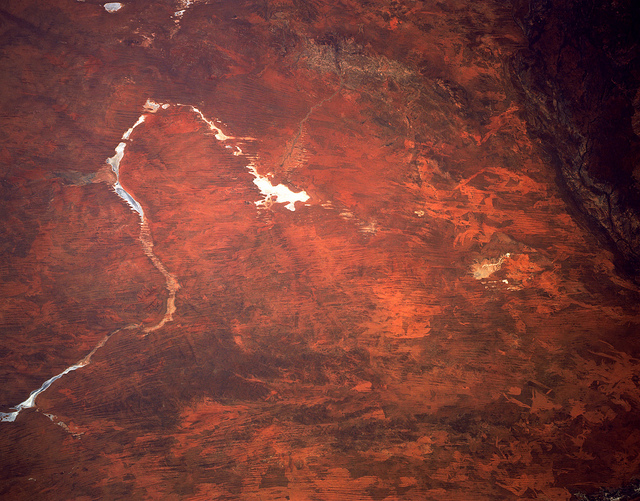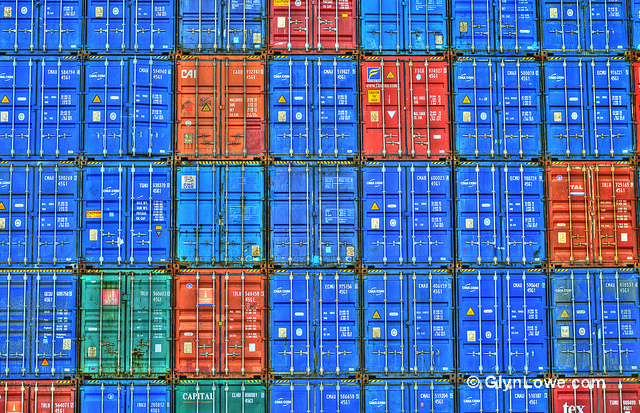Three cheers for the hegemon!
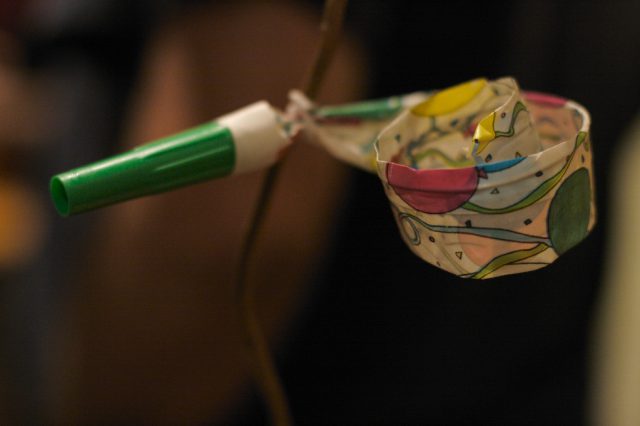
The Australian government’s linear, one dimensional strategic thinking is again on open and disturbing display. It simply appears to consist of ‘three cheers for the hegemon’!
Prime Minister Turnbull recently welcomed the prospect of growing the US Navy from ‘274 ships to 350’ seemingly backing Rudy Giuliani’s suggestion that the build-up would form the basis of a strategy of confronting China with ‘a military that is modern, gigantic, overwhelming and unbelievably good at conventional and asymmetric warfare’. That’d represent an abandonment of any possible balance of power arrangement in East Asia in favour of an aggressive assertion of the hegemonic status of the US.
Will the fiscal conservatives in Congress be willing to acquiesce to the enormous boost to the Defence Budget required to achieve a 350 ship navy? Especially given the effect of the Budget Control Act of 2011. The capital cost of the platforms will be only a fraction of the full cost that will also include weapons fit out, personnel and operating and maintenance costs. Arriving at an agreed funding base for the additional numbers consistent with constraints in the Budget Control Act could be a contested process. Any prospect for success of the planned naval expansion will probably also in part depend on whether Trump wins a second term.
Strategic events are dynamic and play out in space and time. The USN’s 30-year shipbuilding plan is already public and if fully implemented would result in a 308 ship force. To rejig this plan to accommodate that force would take significant staff work and be subject to political horse trading in Congress. The Congressional Budget Office is already at odds with the USN over the estimated cost of the current plan. The design and acquisition process almost certainly would be time consuming, as would be the gearing up of the US shipbuilding industry to meet the new demand.
China and Russia will predictably respond to that aggressive signal. And they’ll have adequate time to do so. Tactically they could have an advantage over the US in that it’s probably easier and cheaper for China and Russia to acquire an anti-access/area-denial (A2/AD) forces than for the US to acquire additional power projection capability. Technological innovations in A2/AD options between now and when the USN could be expanded might generate additional cost pressures for the US.
What are the strategic risks for Australia? If China took the threat seriously it could be expected that Beijing might use the gap between announcement and realisation of the naval expansion to cement its economic and political influence in the region. It’d certainly have an incentive. China could accelerate its One Belt One Road project to shift more of its economic and trade interests away from maritime East Asia. Moreover, the almost certain demise of the TTP and Trump’s general antipathy towards trade agreements leaves a huge vacuum in the Asia–Pacific trade arrangements that China will almost certainly move to fill to its advantage.
Australia is now exposed. The Prime Minister’s uncritical cleaving to the US threat to confront China with overwhelming military force in East Asia, irrespective of whether it eventuates or not, can only negatively affect relations with Beijing. That’s indeed the strategic paradox Australia now faces. Australia’s support for the incoming Trump administration’s more hostile stance towards China will have been noticed by Beijing. Relations between China and Australia could worsen on the trade and investment fronts and China might be tempted to squeeze Australia out of any future regional economic arrangements.
Assuming the new Trump administration is successful and sticks to the expansion plan, Washington will try to translate Australian enthusiasm into concrete actions. The size of the naval build-up would require significant forward basing and extensive support facilities in-theatre. Is Australia prepared to homeport major US naval vessels, including nuclear powered and armed platforms? Are Australians willing to become a high priority target if the strategic competition between China and the US evolves into a hot war?
Perhaps not. The Lowy 2016 survey found that almost half (45%) of Australians believed ‘Australia should distance itself from the United States if it elects a president like Donald Trump’. A bare majority (51%) agreed Australia ‘should remain close … regardless of who is elected US President’.
Turnbull’s motive in backing a more aggressive US stance against China was presumably driven by domestic politics. But any move towards a future hegemonic stance by the US will only increase the likelihood of conflict with China. This should be a time for nuance and sophistication in Australia’s foreign and defence policies rather than unvarnished support for ill-judged strategic ambitions.

